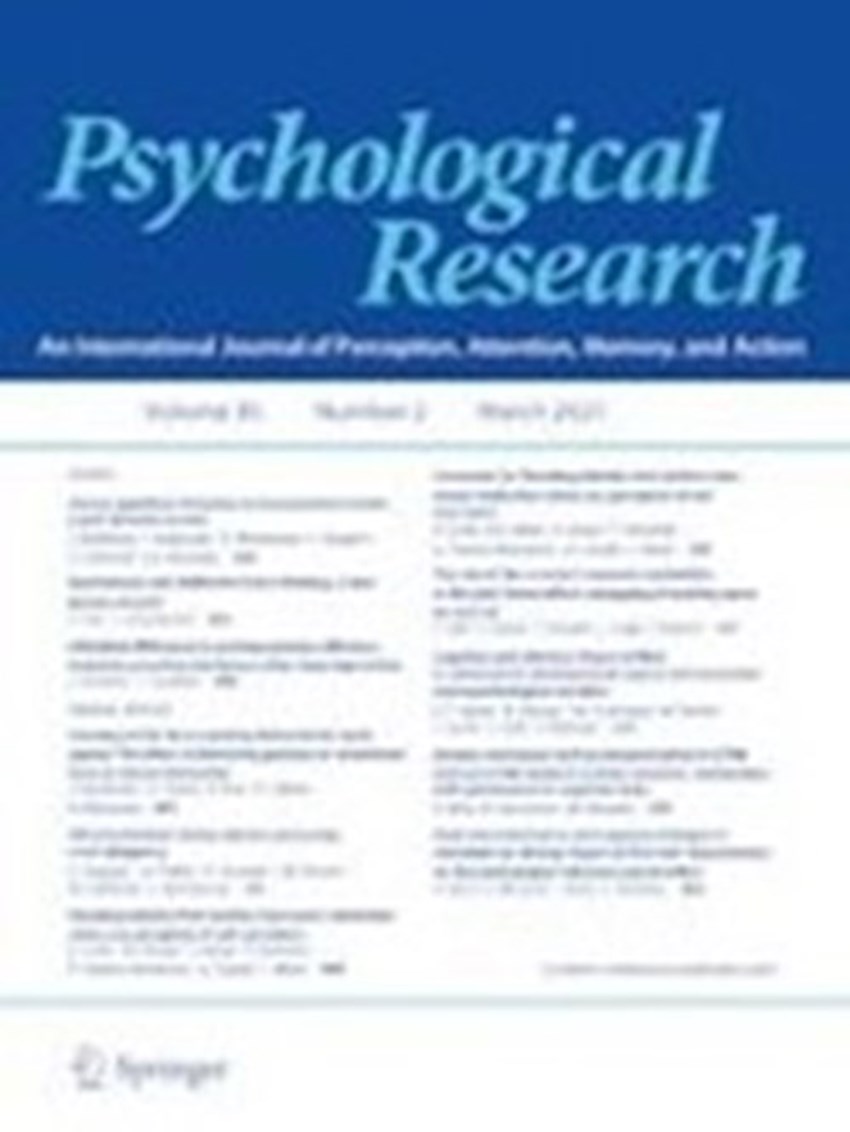“The presence of serial processing in multitasking imposes additional processing demands beyond the mere sum of those imposed by the single-task performance” was one of the conclusions of the paper “The working memory costs of a central attentional bottleneck in multitasking”, of Andre Szameitat et al., published in Psychological Research, in the scope of the research project 142/16 - Gender differences in physiological correlates of multitasking, supported by the BIAL Foundation.
“When two (or more) tasks, each requiring a rapid response, are performed at the same time then serial processing may occur at certain processing stages, such as the response selection. There is accumulating evidence that such serial processing involves additional control processes, such as inhibition, switching, and scheduling (termed the active scheduling account). The present study tested whether the existence of serial processing in multitasking leads to a requirement for processes that coordinate processing in this way (active scheduling account) and, furthermore, whether such control processes are linked to the executive functions (EF) of working memory (WM). To test this question, we merged the psychological refractory period (PRP) paradigm with a WM task, creating a complex WM span task. Participants were presented with a sequence of letters to remember, followed by a processing block in which they had to perform either a single task or a dual task, and finally were asked to recall the letters. Results showed that WM performance, i.e. the amount of letters recalled in the correct order, decreased when performing a dual task as compared to performing a single task during the retention interval. Two further experiments supported this finding using manipulations of the dual task difficulty. We conclude that the existence of serial processing in multitasking demands additional control processes (active scheduling) and that these processes are strongly linked to the executive functions of working memory.”





































































